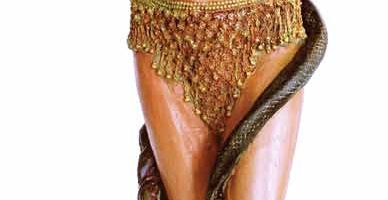On Not Learning to Flirt
Daphne Merkin’s new memoir, The Fame Lunches: On Wounded Icons, Money, Sex, The Brontes, and the Importance of Handbags (Farrar, Strauss & Giroux, $28) is biting, insightful, and as revealing and withholding as a well-observed life deserves. Alert to all kinds of experiences, Merkin mines her fraught relationship with her father in the chapter “On Not Learning to Flirt.” Here’s a taste:
I was invited one summer to spend a weekend in New Hampshire with the writer Saul Bellow at the behest of his agent, who had recently taken me on as a client. Bellow was his larger-than-life, oxygen-eating self, as charming a host as you could wish for, discoursing on everything from Bach to his secret recipe for tuna fish salad that called for a tablespoon of ketchup. He was solicitous of me, praising what writing of mine he had read, and in general conspiring to make me a happy guest. But his very assumption of masculine irresistibility, which his agent had succumbed to long ago, put my teeth on edge, and I spent a good deal of time taking walks by myself so as not to have to be an audience to his sweltering ego.

Towards the end of the stay, Bellow and I were talking outside, just the two of us, while he tilled his bounteous garden. I could swear he did an imitation of Marlon Brando in The Godfather by cutting an opening into a piece of orange skin, sliding it over his teeth, and then smiling at me ghoulishly, but whether I am inventing this in retrospect or it really happened, I know I suddenly felt tenderhearted toward him. As Bellow was seeing us off, I leaned over to give him a hug, and after we had said our goodbyes, he added, in a quiet voice, “Be kinder to the male gender.” This suggestion, in the simplicity of its appeal and the vulnerability that lay behind that appeal, broke through my already-wobbly defenses, opening up vistas of affection withheld and received that I mostly had shied away from. I cried all the way to the airport and then throughout the plane ride, feeling that I had been seen and understood, that the once-ignored little girl was now an adult woman whose feelings and responses left their mark on the male beholder.


